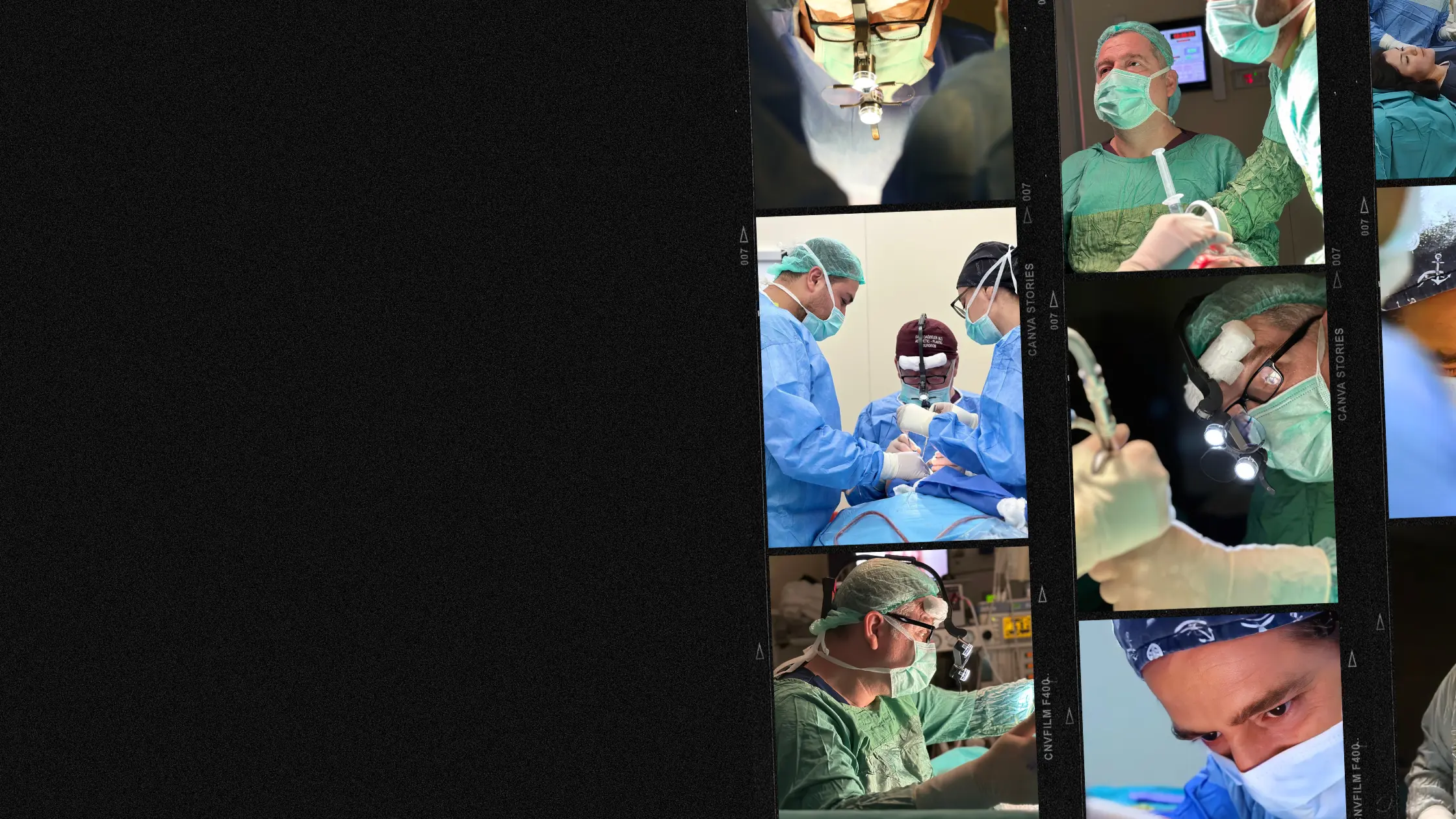Can a Face Lift Cause Hair Loss: Myths and Facts
With the increasing popularity of aesthetic procedures, one common concern among patients considering a face lift is the potential for hair loss. As an experienced aesthetic and plastic surgeon, I am often asked, "Can a face lift cause hair loss?" This paper seeks to address this concern by dissecting the myths and presenting the facts, informed by scientific evidence and clinical expertise.
Introduction
The face lift, or rhytidectomy, is a surgical procedure designed to reduce the visible signs of aging on the face and neck by tightening sagging skin and muscles. Despite the numerous benefits and transformative outcomes of face lifts, the myth that it can cause hair loss persists. Understanding the interaction between face lift procedures and hair follicles is essential for both patients and surgeons.
The Anatomy of Hair Follicles and Facial Musculature
Before delving into the myths and facts, it is crucial to understand the anatomy involved. Hair follicles are anchored in the skin’s dermal layer, with blood vessels supplying essential nutrients. The muscles and connective tissues of the face, including the superficial musculoaponeurotic system (SMAS), play a significant role in facial aesthetics and are often manipulated during a face lift.
The SMAS and its Role in Face Lifts
The SMAS, a layer of tissue that extends from the platysma muscle in the neck to the scalp, is a critical structure in face lift procedures. Surgeons often manipulate the SMAS to provide a more natural and long-lasting lift. Understanding the SMAS’s interaction with hair follicles can help demystify the concept of hair loss post-surgery.
Myths Surrounding Hair Loss and Face Lifts
Myth 1: Face Lifts Directly Damage Hair Follicles
One prevalent myth is that face lifts directly damage hair follicles, leading to hair loss. While it is true that any surgical procedure carries risks, including the potential for damage to surrounding tissues, experienced surgeons such as myself take meticulous care to avoid harming hair follicles. Using advanced techniques and precision, we ensure minimal disruption to hair follicles during the operation.
Myth 2: Hair Loss is a Guaranteed Outcome
Another myth is that hair loss is an inevitable consequence of undergoing a face lift. In reality, hair loss following a face lift is relatively rare and often temporary. Factors such as the surgical technique used, the patient’s health, and post-operative care play a significant role in determining the likelihood of hair loss.
Scientific Facts about Hair Loss and Face Lifts
Fact 1: Temporary Telogen Effluvium
Some patients may experience temporary hair shedding, known as telogen effluvium, after a face lift. This condition is generally caused by the stress of surgery and anesthesia, leading to a temporary shift of hair follicles into the resting phase. It is crucial to note that this type of hair loss is typically temporary, with hair regrowth occurring within a few months.
Fact 2: Scarring and Hair Follicle Displacement
In some cases, scarring from incisions made during the face lift can cause localized hair loss. However, modern surgical techniques, such as placing incisions along the natural hairline or within the hair-bearing scalp, significantly reduce this risk. Moreover, any minor hair loss caused by scarring is often well-hidden and can be managed with hair restoration techniques if necessary.
Fact 3: Importance of Surgical Expertise
The skill and experience of the surgeon play a pivotal role in minimizing the risk of hair loss. Surgeons with extensive expertise in facial anatomy and advanced face lift techniques, like myself, prioritize preserving hair follicles and ensuring optimal patient outcomes. Our approach at Dora Hospital emphasizes precision, meticulous planning, and adherence to best practices to minimize any potential risks.
Preventive Measures and Post-Operative Care
While the risk of hair loss following a face lift is minimal, there are several preventive measures and post-operative care strategies that can further reduce this risk:
- Choice of Surgical Technique: Opting for techniques that place incisions along the natural hairline or within the scalp can minimize the risk of hair follicle disruption.
- Pre-operative Consultation: A thorough consultation with your surgeon can help identify any pre-existing conditions that may predispose you to hair loss and tailor the surgical approach accordingly.
- Post-operative Care: Following your surgeon’s post-operative care instructions, including proper wound care, avoiding excessive tension on the scalp, and using prescribed medications, can aid in the healing process and reduce the risk of hair loss.
Conclusion
In conclusion, while the myth that face lifts cause hair loss persists, the reality is that the risk is minimal and often temporary. By choosing an experienced and skilled surgeon, adhering to preventive measures, and following post-operative care instructions, patients can enjoy the rejuvenating benefits of a face lift without undue concern about hair loss.
Call to Action
If you are considering a face lift and have concerns about hair loss or any other aspects of the procedure, I invite you to schedule a consultation with me at Dora Hospital. With over thirty years of experience and a commitment to excellence, I am here to address your concerns and help you achieve your aesthetic goals.
Make an appointment today by visiting our appointment page or contact us via WhatsApp at +90 507 178 17 79. For more information, you can also explore our contact page or ask for pricing. Let us help you achieve the complete transformation you desire.


